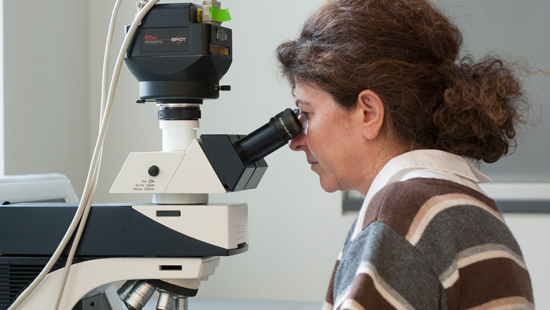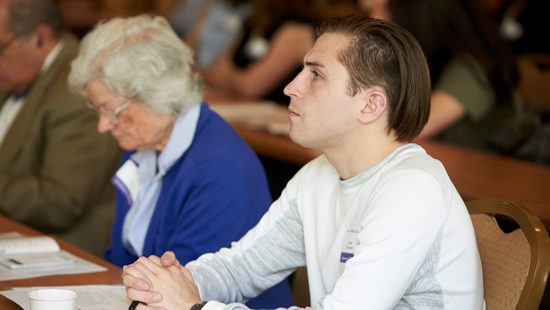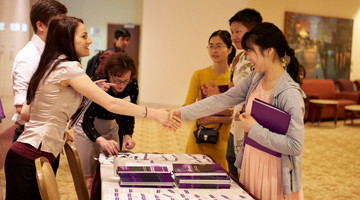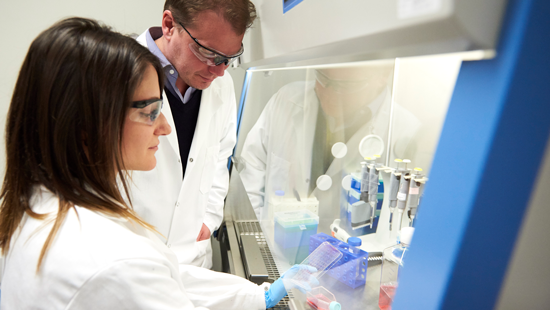
Immersion Experiences
Research opportunities in laboratories and clinical settings
Advancing the field and practice of regenerative medicine
The mission of the RE-Training Program is to offer an integrative curriculum and environment to prepare the next generation of researchers that are competent at converging advances in materials science, life sciences, and translational medicine to generate practical regenerative engineering solutions that can be applied to challenges in the reconstruction or regeneration of tissues and organs.
Only one of two NIH-funded training programs in the field of regenerative engineering, RE-Training welcomed its first cohort of four talented students in fall of 2021.
This two-year program is designed to educate the next generation of regenerative engineers using a three-member mentor team and relevant exposure to both clinical and industrial experiences through our partners. The mentor team must include a practicing surgeon or physician, a life sciences expert, and an engineer. The team-based approach for training pre-doctoral students that includes academic, clinical, and industrial mentoring experiences makes our program unique among all T32s.

Research opportunities in laboratories and clinical settings

Internships at companies with interests and products relevant to regenerative engineering to complement thesis research

Ongoing and thorough progress evaluation to bolster your thesis work

Unique co-mentorship of three-person Mentor Teams to support each student through their program journey and provide a transdisciplinary and highly integrated approach
Integrative coursework and environment, covering topics in mathematics/statistics, engineering, biology, physiology, and independent research
Seminars, symposia, and events specifically designed for the RE-Training trainees, hosted by The Center for Advanced Regenerative Engineering
Faculty with wide-ranging expertise from across the University